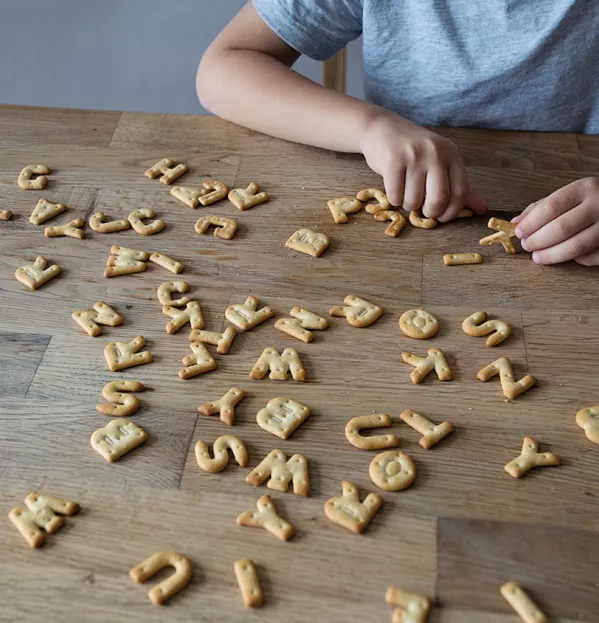In March 2016, a document was published to help clarify the process of assessment of writing at key stage 2 (bit.ly/ClarifyKS2). It came out before the first set of ‘new’ results, yet it contained this statement: “As this is the first year of schools working with the new interim assessment frameworks, the minister for schools has written to the chief inspector asking him to ensure that Ofsted inspectors take into account national performance and contextual factors when considering a school’s performance in writing at KS2, which is used as part of the floor standard.”
Evidently, there were concerns about the validity of the data even before the first assessments took place. Then the results came out and debate raged. How could writing results be above those of other subjects, especially when writing is supposed to be a “secure fit” assessment? It didn’t seem right. Education Datalab quickly published a blog (bit.ly/BlogKS2) revealing some interesting anomalies. More guidance was issued, warning various agencies about the reliability of the data.
This year we have seen another hike in writing results at KS2, and, again, we have guidance urging caution. The Department for Education’s Schools causing concern guidance document (bit.ly/SchoolsCausingConcern) states: “It should be noted that in 2016 and 2017, if a school’s performance at KS2 has dropped below the floor standard, or met the coasting definition, based on performance in writing alone, the local authority or RSC [regional schools commissioner] should not intervene or issue a warning notice, except where the extent of the change in performance cannot be explained by the impact of the changes to primary assessment arrangements in these transitional years.”
‘Deep distrust of writing assessment data’
Meanwhile, in September (see bit.ly/InspectionUpdate), Ofsted said: “We have… discussed with inspectors at our training the continuing uncertainties about data derived from teacher assessments. Inspectors should continue to interpret key stage 2 writing performance very carefully.”
Add to this the fact that writing no longer plays a part in Progress 8 baselines, and it is evident that there is a deep distrust of writing-assessment data. Yet it is used in primary performance measures, in floor standards and the coasting measure.
We know that high-stakes accountability and teacher assessment make for unhappy bedfellows. We know schools are having to prove the validity of their assessments against questionable national benchmarks, and we know from guidance that neither the DfE nor Ofsted have faith in this data. And with a move back towards a more ‘flexible’ approach to assessment this year, it is unlikely the situation will improve. So why bother collecting it?
James Pembroke founded Sig+, an independent school data consultancy, after 10 years working with the Learning and Skills Council and local authorities
